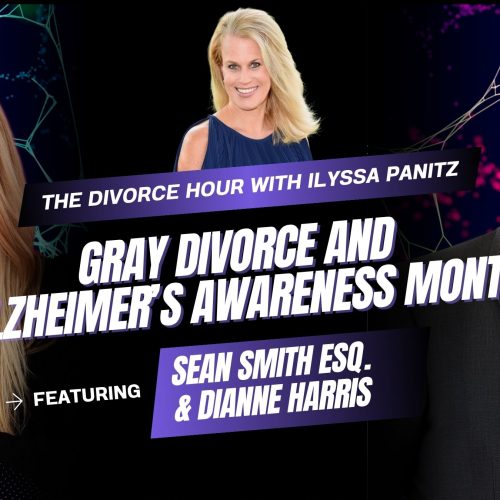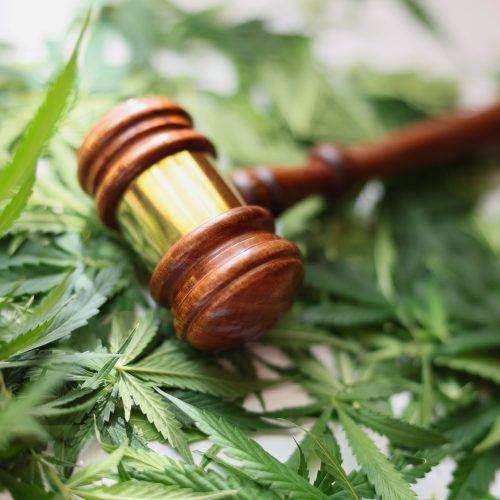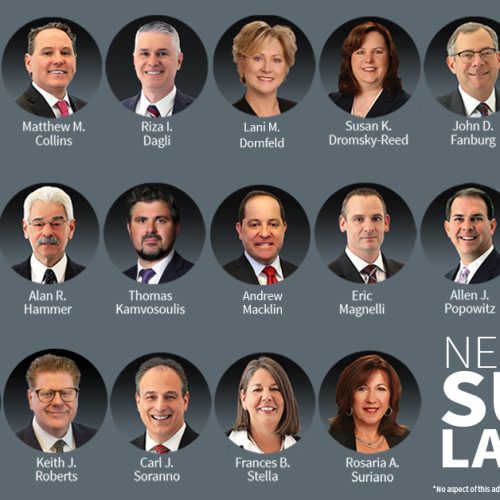Family Law Services Alert: Cannabis Use is Not a Basis to Strip a Parent of Parental Rights
August 6, 2021
In a published opinion, the New Jersey Appellate Division determined that recreational cannabis use is not a basis to strip a parent of their parental rights. In the matter of New Jersey Division of Child Protection and Permanency v. D.H. and T.W, et. al., (App.Div., August 2, 2021) the Appellate Division consolidated related appeals to consider the court’s decision to terminate the parental rights to a five-year-old son. This case provides a cautionary tale for parents that find themselves in family court where their fundamental and protected constitutional right “to raise one’s children” is challenged. Although the right is fundamental and protected, it is not absolute. The right to parent one’s child is always tempered by the State’s responsibility to protect the welfare of the child.
During the case, evidence was presented from a testifying expert by the Division of Child Protection and Permanency (the “Division”) regarding the recreational use of marijuana. The Division’s expert opinion that the parent was not a “viable parent” because of ongoing use of unprescribed marijuana and the use of this mind-altering substance while caring for the child, contrasted to the parent’s contention that recreational marijuana use should not disqualify a person from serving as a parent. It was contended that if such a policy of disqualification were adopted and followed, “the child welfare apparatus of those states that permit such use would be quickly overrun.” It was further argued that the recent New Jersey constitutional amendment and legislation that followed established a right to the recreational use of marijuana without legal repercussions, and therefore bars any consideration of parental use of the substance in a termination case. The Division argued that the Cannabis Regulatory, Enforcement Assistance, and Marketplace Modernization Act, N.J. (2021) merely provides that the Division may not act solely on the parent’s use of marijuana or some other intoxicant, but rather can consider when an unsafe environment for the child is created.
In the appeal, it was argued that the Family Court improperly weighed the evidence to terminate parental rights. To support their argument, the parents referred to public policies that underlie recently enacted statutes partially decriminalizing non-medicinal marijuana usage in New Jersey. Those statutes, according to the argument implement constitutional provisions adopted by New Jersey voters. The parents argued to the Appellate Division that the Division failed to meet the burden by clear and convincing evidence to enable the termination of parental rights.
The Appellate Division held that a parent’s status as a recreational marijuana user cannot suffice as the sole primary reason to terminate a parent’s rights unless the Division can prove with case-specific evidence, that the marijuana usage endangers the child or children.
By analogy, the Appellate Division, pointed to the Twenty-First Amendment of the United States Constitution ending Prohibition, observing that legal consumption of alcohol does not entitle a parent to imbibe alcoholic beverages in a manner that endangers children under the parent’s care. In conclusion, the Appellate Division ruled that “that a parent’s recreational marijuana use cannot be the sole or principal basis for terminating that person’s parental rights.”
Courts will not choose to strip a parent’s custody of their child unless they are deemed as “unfit.” New Jersey defines an unfit parent as one who conducts themselves in a way that “has a substantial adverse effect on the child.” This definition is vague, which means that judges will have their own interpretation of what being fit entails.
For a more extensive review of the statutes and the developments concerning recreational use of cannabis in this State, please refer to Brach Eichler’s Cannabis Law Group and our website.












